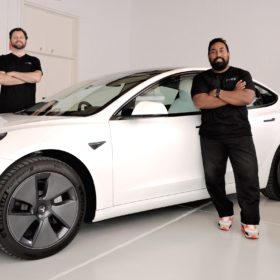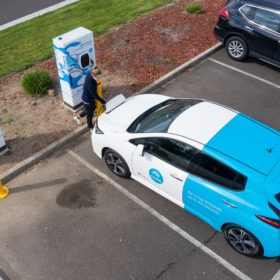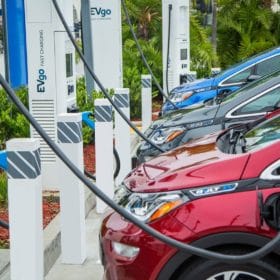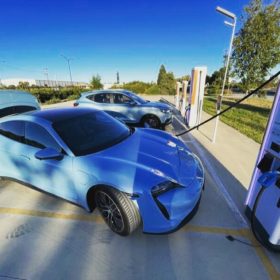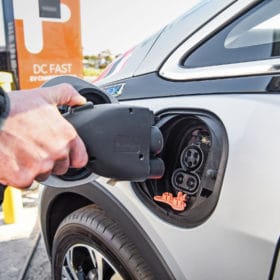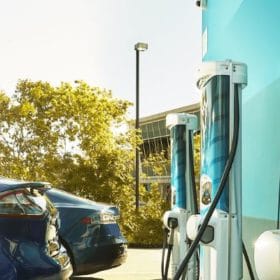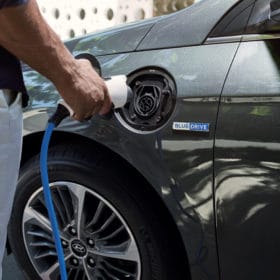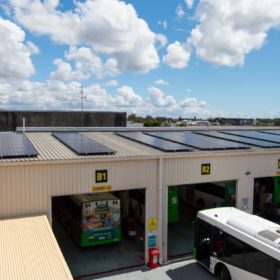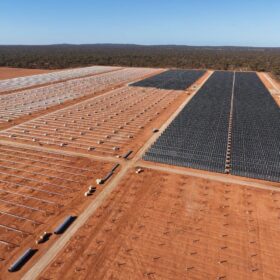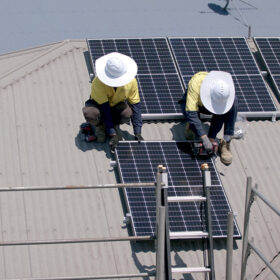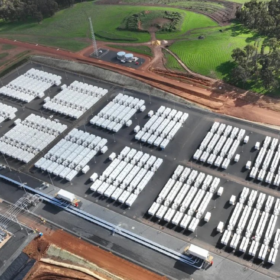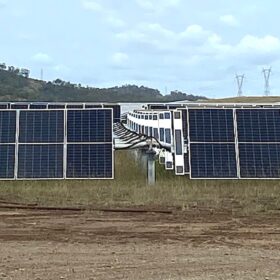EVOS eyes electric vehicle fleet sector after seed funding success
The founders of Queensland-based start-up EVOS are confident Australia’s sluggish uptake of electric vehicles will continue to gather pace as they prepare to commercialise their charging and energy management software platform after securing $1.7 million in seed funding.
Why most Aussies won’t be owning electric cars in the next five years
If the first few months of the year are anything to go by, 2021 looks to be a turning point in the conversation about an electric vehicle (EV) future. Major car manufacturers have already made game-changing announcements, with Ford’s European arm committing to an all-electric lineup by 2030, and Volvo planning to phase out internal combustion engines by the same year, including hybrids.
Cramming cities full of electric vehicles means we’re still depending on cars — and that’s a huge problem
This week, the NSW government announced almost A$500 million towards boosting the uptake of electric vehicles. In its new electric vehicle strategy, the government will waive stamp duty for cars under $78,000, develop more charging infrastructure, offer rebates to 25,000 drivers, and more.
Victoria pumps $5 million into EV charging network
The Victorian Government is looking to further offset its controversial electric vehicle tax, setting aside $5 million to fund the expansion of the state’s network of fast chargers.
Check your mirrors: 3 things rooftop solar can teach us about Australia’s electric car rollout
Governments and car manufacturers are investing hundreds of billions of dollars on electric vehicles. But while the electric transport revolution is inevitable, the final destination remains unknown.
Australia’s Tritium targets global expansion on back of $1.55 billion deal
Australian electric vehicle charging company Tritium has sealed a $1.55 billion merger deal with a United States-based special purpose acquisition company (SPAC) which will see it publicly listed on the Nasdaq.
Motoring body says EVs at turning point as road tax passes
A national motoring body has called on the Federal Government to “provide leadership”, declaring the rollout of electric vehicles in Australia is facing significant roadblocks.
The budget should have been a road to Australia’s low-emissions future. Instead, it’s a flight of fancy
Professor John Quiggin from the School of Economics at the University of Queensland on where the federal budget falls down.
Panel pushes for changes to accelerate EV rollout
Less than three months out from Victoria becoming the first state in Australia to introduce a road tax on electric vehicles, a community panel has called for an end to the sale of new internal combustion engine cars by 2030 in a bid to speed up the state’s switch to low and zero emissions vehicles.
Solar PV powered ‘megawall’ to charge electric bus fleet
Public transport operator Transdev will use a ‘green mobility megawall’ comprising 250 solar modules and 10 Tesla Powerwall units to charge two new electric buses which are set to be rolled out onto the streets of Brisbane.
